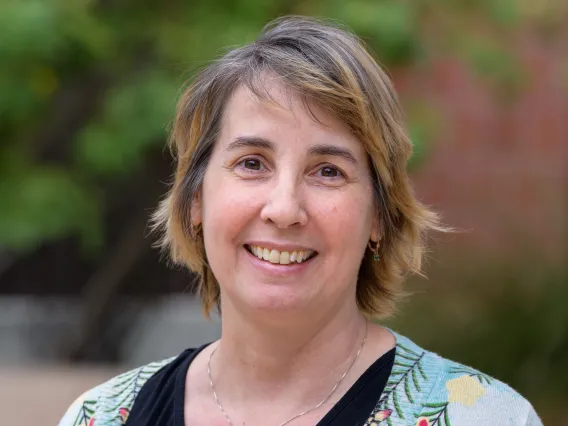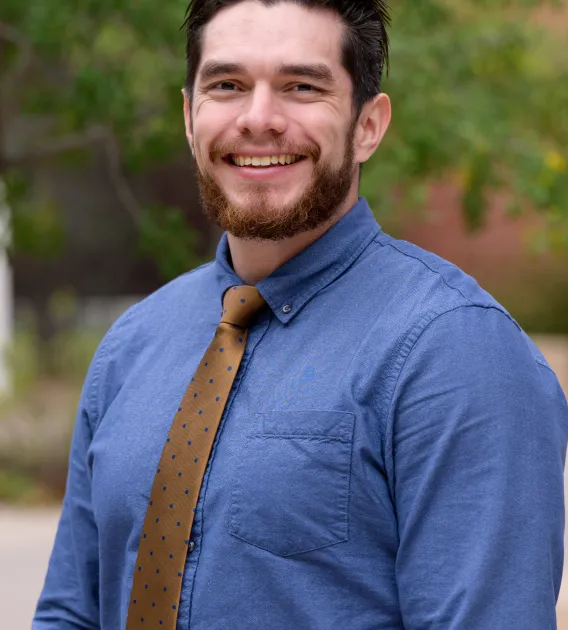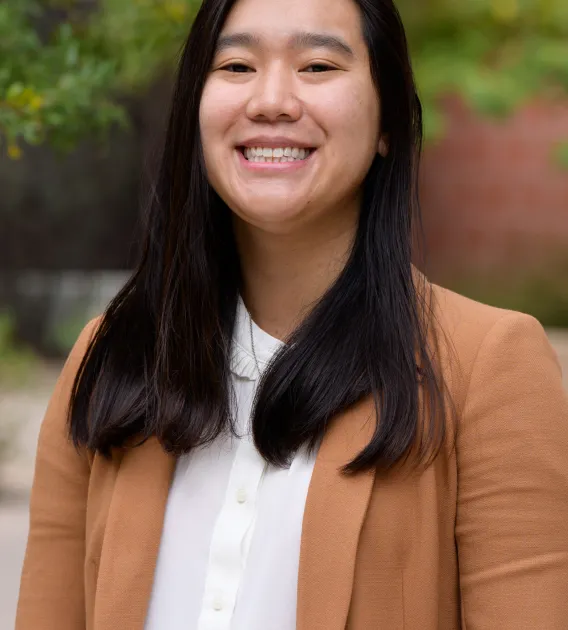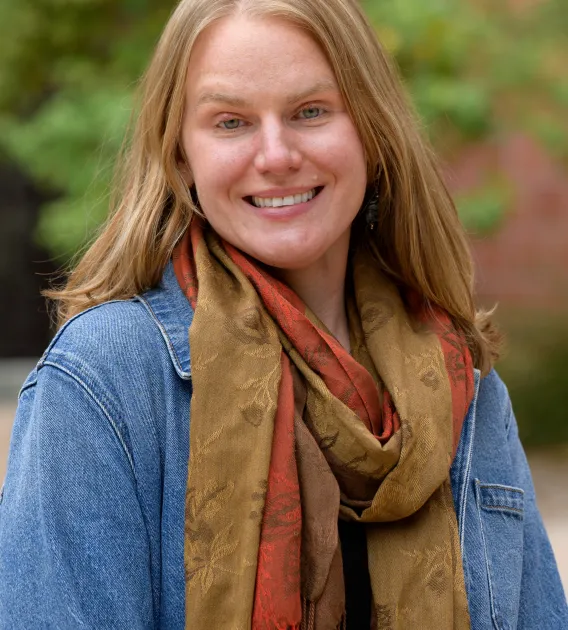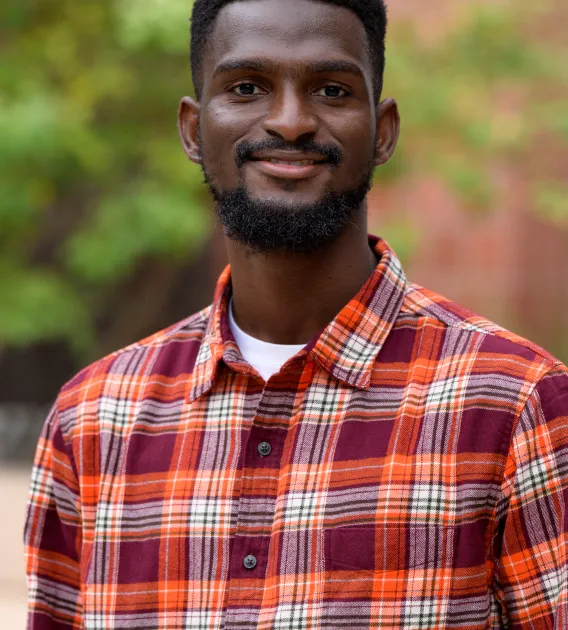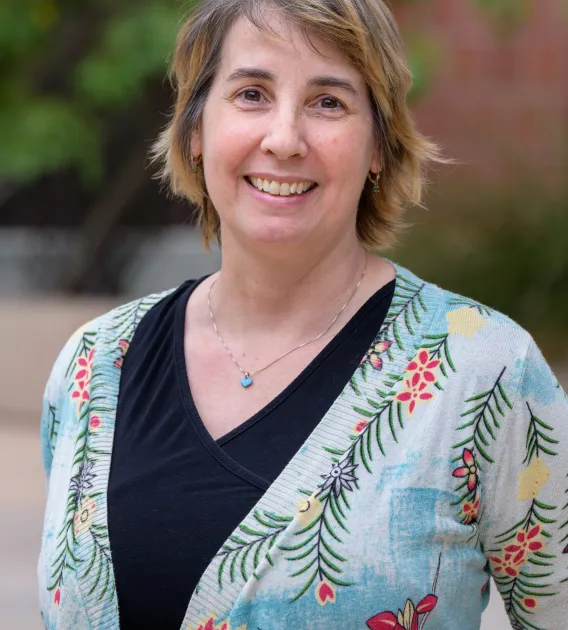The Data Science Fellows program
is on pause until further notice.
We are not accepting applications.
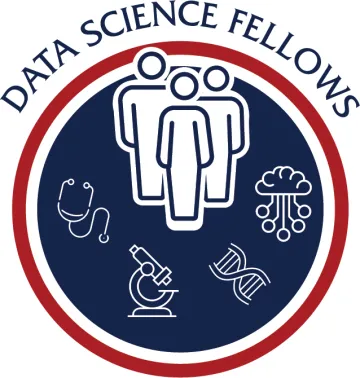
Available only to students enrolled at the University of Arizona, the Data Science Fellows program is intended for graduate level researchers. Fellows participate in a dynamic environment to develop, exchange, and create data science expertise needed to solve cutting edge research problems in health sciences. Fellows receive intensive training and mentoring focused on the use of open science and computational infrastructure, such as CyVerse, to apply data science tools to their research.
Details
Each semester, a new cohort featuring up to six fellows will be offered. Fellows are expected to attend and participate in twice weekly virtual training activities. Fall 2024 semester participants will be awarded a $3,500 stipend for successful completion of the program.
Fellows will attend Foundational Open Science Skills (FOSS). FOSS sessions take place every Thursday from 11:00 am to 1:00 pm. The following Tuesday of each week from 11:00 am to 1:00 pm will be an applied health science focused discussion on the topic from the previous FOSS session and an opportunity to follow up on the content. A weekly update via a GitHub repository will be due every Monday at 12:00 pm. Fellows are expected to interact with each other, students, faculty, and researchers affiliated with the Data Science Institute and contribute to the vibrant UArizona data science community.
At the end of the Data Science Fellows program, fellows will be required to present a workshop to their lab or department sharing one or more tools learned and applied during the training program.
Data science skills to be addressed:
- Implement Project and Data Management Plans
- Identify the Foundational Open Science Skills (FOSS)
- Identify the different commands used in Command Line applications
- Apply software tools to transfer files between data repositories
- Apply Version Control Systems (Git, Github) in documents, data, and software applications in collaboration platforms
- Illustrate different algorithms for data classification and regression
- Identify machine learning algorithms and building process of predictive models
- Produce reproducible research objects (online document writing tools and technologies, software code development, data analysis, data visualization libraries, data model construction, web pages, and other)
- Demonstrate the use of FAIR & CARE Data Principles
- Distinguish the different Docker technologies and their applications
- Carry out tasks in High Performance Computing environments (HPC, CyVerse and other available computational infrastructures)
Goals
- Develop data science capabilities in the overall UA Health Science research community.
- Accelerate the assimilation and adoption of data science tools and methods scaffolding needed health science research goals.
- Foster closer collaboration of a campus-wide interdisciplinary applied data science research community.
- Optimize knowledge transfer of the data science learning process of new tools, techniques, and skills to each health science research lab.
Eligibility
Prior to the start date of the program, participants should be enrolled in a graduate level program related to health sciences. Participants not in a health sciences program, but whose research is directly related to health sciences research are eligible. Successful participants should have a project in the works that will benefit from open science principles and data science techniques. Candidates are expected to have a health sciences focus, a strong desire for interdisciplinary collaborative work, a willingness to help others, and an interest in developing the data science support community on the UArizona campus.
For questions and more information about the Data Science Fellows Program, contact Rudy Salcido.
Fellows will be awarded a $3,500 stipend for successful completion of the Data Science Fellows program.
Fellows are expected to attend and participate in the twice weekly training activities for the semester. FOSS sessions take place every Thursday from 11:00 am to 1:00 pm. The following Tuesday of each week from 11:00 am to 1:00 pm will be an applied health science focused discussion on the topic from the previous FOSS session and an opportunity to follow-up on the content. A weekly update via a GitHub repository will be due every Monday by 12:00 pm.
The training sessions are virtual. In-person activities will be determined by each cohort. Plan to participate in at least two in-person "meet-up" event opportunities during the semester to cultivate relationship building within the Data Science Fellowship program.
We encourage fellows to participate in conferences/workshops related to their field of study. As reasonably as possible, we work with each fellow to accommodate their schedules.
Data Science Fellows Spring 2024
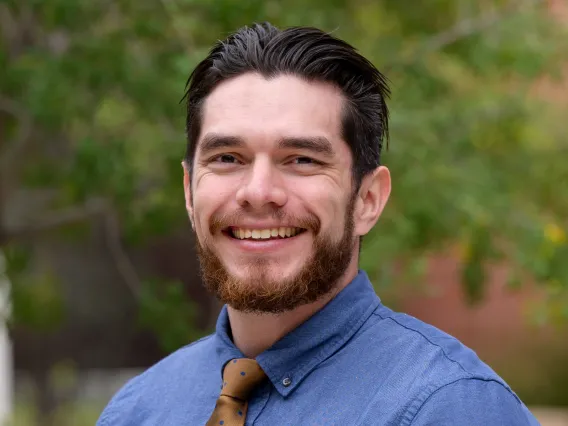
Brandon Barba
Clinical Translational Sciences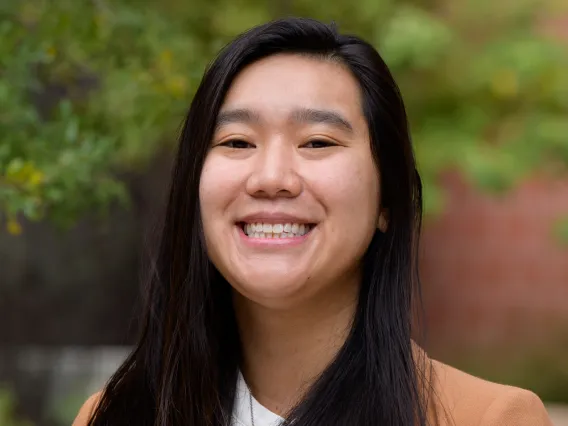
Coco Victoria Gomez Tirambulo, MPH
Medical Pharmacology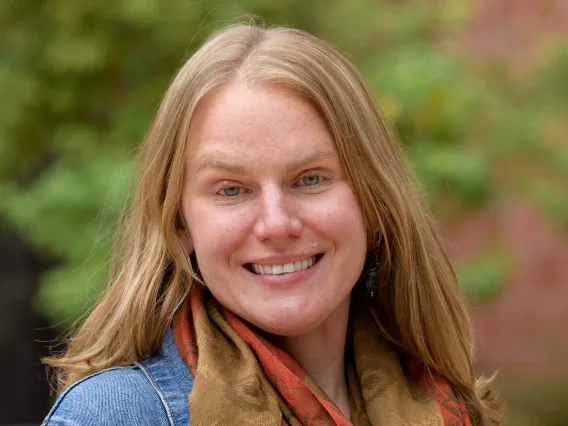
Katherine (Katie) Herder, MPH
College of Public Health, Biostatistics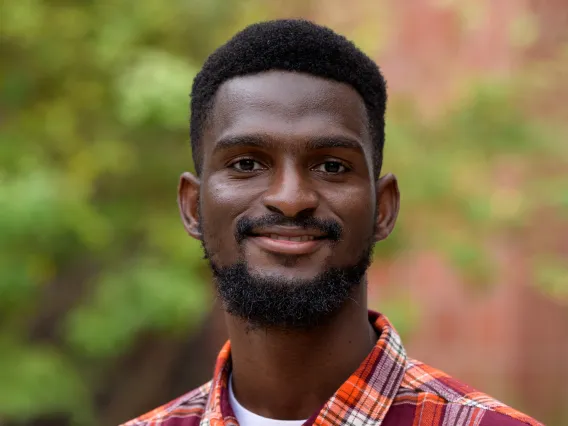
Toluwanimi Olorunnisola
Systems and Industrial Engineering